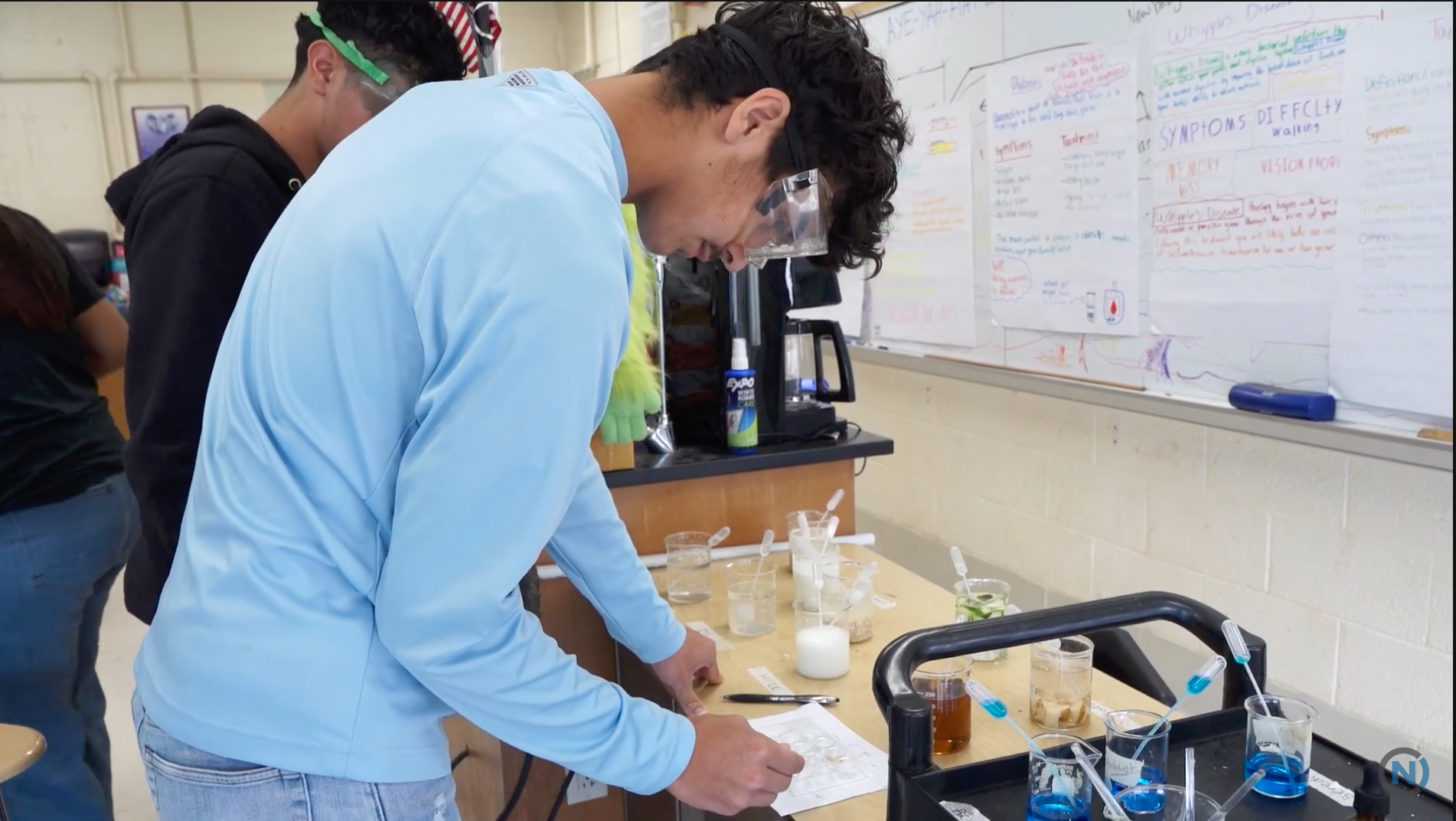The Need for STEM in Rural Communities Blog
Students in STEM classes report increased confidence and motivation to continue their education. Greene County program successes are attributed to valuable partnerships in the rural community, which have helped bridge the opportunity gap by providing student resources, opportunities, and support. Teachers have noted a significant culture shift in the district, with students acquiring the skills employers seek.

The Problem
STEM (Science, Technology, Engineering, and Math) education provides students with valuable skills that can prepare them for higher learning and successful careers. In addition to science, technology, engineering, and math, these studies enhance their critical thinking, problem-solving, creativity, and evidence-based decision-making capabilities. For many companies, hiring employees with a STEM-based education is critical. However, it can be challenging to find these candidates, especially in rural areas.
The Solution
The STEM program at Greene Central High School in Snow Hill, North Carolina, is recognized as a leader in STEM education. The program emphasizes collaborative and hands-on learning, focusing on critical thinking and problem-solving. Students are encouraged to work together and engage in real-world problem-solving projects. In 2015, Greene Central High School became the first rural school in North Carolina to be recognized as a STEM School of Distinction by the North Carolina Department of Public Instruction. The Greene County School District has also created grand challenges, project-based learning initiatives where students work in teams to find solutions to real-world problems. Students in STEM classes report increased confidence and motivation to continue their education. The program’s success is attributed to valuable partnerships in the rural community, which have helped bridge the opportunity gap by providing student resources, opportunities, and support. Teachers have noted a significant culture shift in the district, with students acquiring the skills employers seek.
The Players
By partnering with local schools and organizations, rural employers can offer STEM career opportunities to students in their communities and inspire the next generation of STEM leaders. For example, the Fleet Readiness Center East (FRC East), a naval fleet maintenance and repair shop in Havelock, North Carolina, faces recruitment and retention challenges. As a result, FRC East partnered with nearby school districts and other organizations to bring STEM education into local schools through a local talent pipeline. The pipeline includes a mobile STEM education hub called the Fab Lab, which travels to schools and engages students in engineering, manufacturing, and trade skills. The outreach efforts have helped students become interested in STEM careers, and some have gone on to work at FRC East.
Megan and Isaac, two FRC East employees who benefited from the outreach efforts, are now participating in that outreach themselves, hoping to inspire the next generation of STEM leaders. The exposure to STEM education in middle and high school was a significant factor in their decision to work at FRC East, where they can make a good wage and continue to live close to their families. The average salary at FRC East is $72,000 per year, which is competitive in rural North Carolina.
The program in Greene County has received support from 40 state and national partners, including Duke Energy, East Carolina University, the North Carolina SMT Center, libraries, museums, after-school programs, and families. These partners fund STEM-focused initiatives or offer collaboration opportunities. All partners are clear that the work begins by listening to community needs.

The Promise
There are opportunities to create STEM learning during and beyond in-school time. Schools are leading the way, even on the weekends. For example, Morehead Planetarium and Gates County Schools have partnered to provide hands-on science exploration to students through an initiative called Saturdays of Science. Gates County has a population of 16,000 people, and the partnership aims to offer the county’s students opportunities to learn about new academic skill sets and explore STEM fields. This is a program for all students – those designated as academically gifted students and those who are struggling. It provides a second set of educational opportunities for students to level the playing field.

